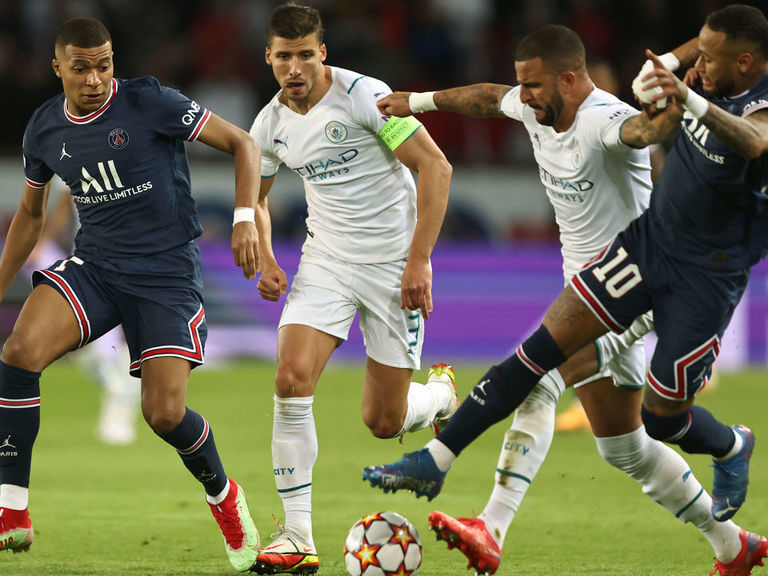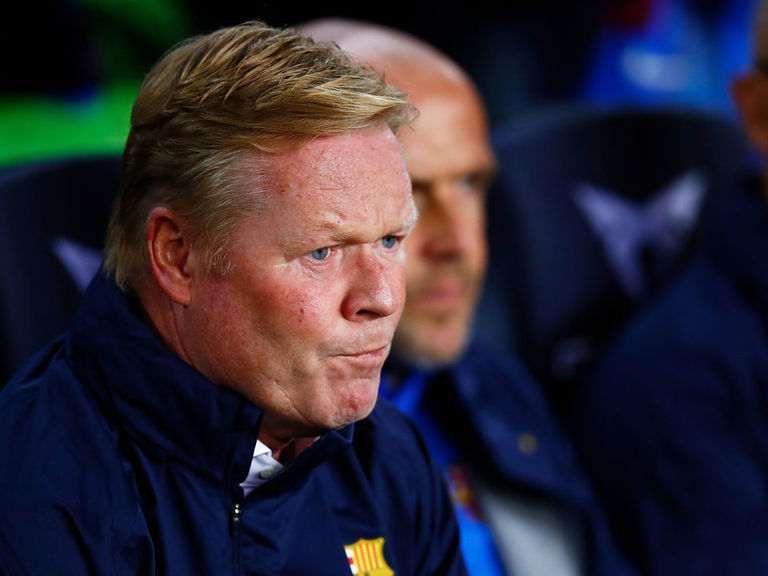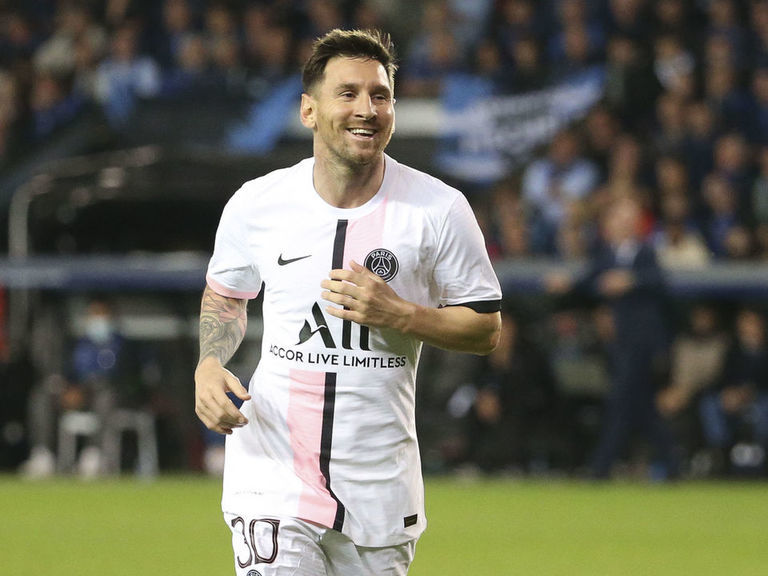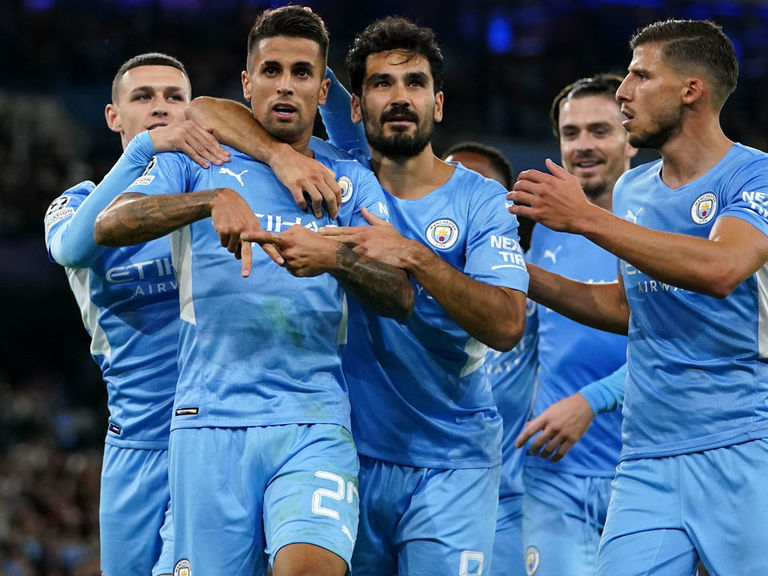On the surface, there’s a lot to like about Paris Saint-Germain’s 2-0 win over Manchester City. Lionel Messi scored his first goal for his new club, Gianluigi Donnarumma pitched a shutout in his first Champions League start, and PSG held their own against a City side that played them off the park a few months ago. Fans at the Parc des Princes reveled on a night PSG’s Qatari owners had long envisioned.
But everything in between the two goals scored Tuesday wasn’t nearly as impressive. PSG only managed to keep a clean sheet because of Bernardo Silva’s scarcely believable miss from point-blank range in the first half. The hosts fired just three shots on target – low-percentage opportunities that required exceptional finishing from Idrissa Gana Gueye and Messi. Even with Neymar and Kylian Mbappe on the field, the Ligue 1 giants could only conjure something on the counterattack. When the big three didn’t have the ball, they disappeared from view, leaving their teammates to do most of the dirty work.
The team’s overall performance lacked the conviction it needed to sound a shot to the rest of the world. Mauricio Pochettino’s side vacated the midfield several times, inviting City’s Jack Grealish and Riyad Mahrez to dribble into space and dominate the flanks, and the counterattack seemed more like an escape plan than a concerted strategy.
xG map for PSG – Man City
PSG scored a couple great goals and only got *entirely* broken through once, but it was a very last-ditch kind of performance pic.twitter.com/inYYJ7aK2Q
— Caley Graphics (@Caley_graphics) September 28, 2021
City rode their luck as well. Kevin De Bruyne should’ve been sent off for a late challenge on Gueye toward the end of the first half, an oversight that could’ve changed the game’s flow. But the visitors carried out a far more convincing game plan, one manager Pep Guardiola has drilled into his players and more often than not delivers victories.
Playing with seven men behind the ball, at home in the Champions League, with three of the most gifted players of their generation nowhere to be seen, isn’t as sustainable.
Update: 7-0-3 pic.twitter.com/jDQW9wVlMV
— Michael Cox (@Zonal_Marking) September 28, 2021
Pochettino is, of course, still working out the kinks. Messi, Neymar, and Mbappe have only started three matches together since the beginning of the season. PSG’s boss needs time to develop a style of play.
It just needs to be one that puts the ball back into their possession.
PSG’s counterattack is undoubtedly dangerous, but it should be the byproduct of a more aggressive pressing game, not desperate clearing and defending. Les Parisiens shouldn’t rely on a low block of four – or seven – to bend and not break against an opponent that loves to bend and break teams.
The difference is the capital club has enough talent to mask these deeper issues. PSG aren’t like Pochettino’s previous sides, which were more workmanlike because of their financial realities. Pressing high and forcing turnovers was Tottenham Hotspur’s best way to beat more talented teams. The same can’t be said of Pochettino’s current crop of stars, who can decide games no matter how well the rest of their teammates perform.
But why run that risk? They can be a part of a greater vision, not limbs working independently of the body. PSG have defenders who can play out from the back, full-backs who can create overloads in wide areas, and midfielders who can dictate the tempo. It’s why PSG are so scary on paper and why Guardiola is so in love with Marco Verratti, an escape artist who’s at his best when he wriggles out of tight spaces and launches play forward.
As of now, however, PSG are too passive to establish themselves as the juggernaut they can – and should – be.






